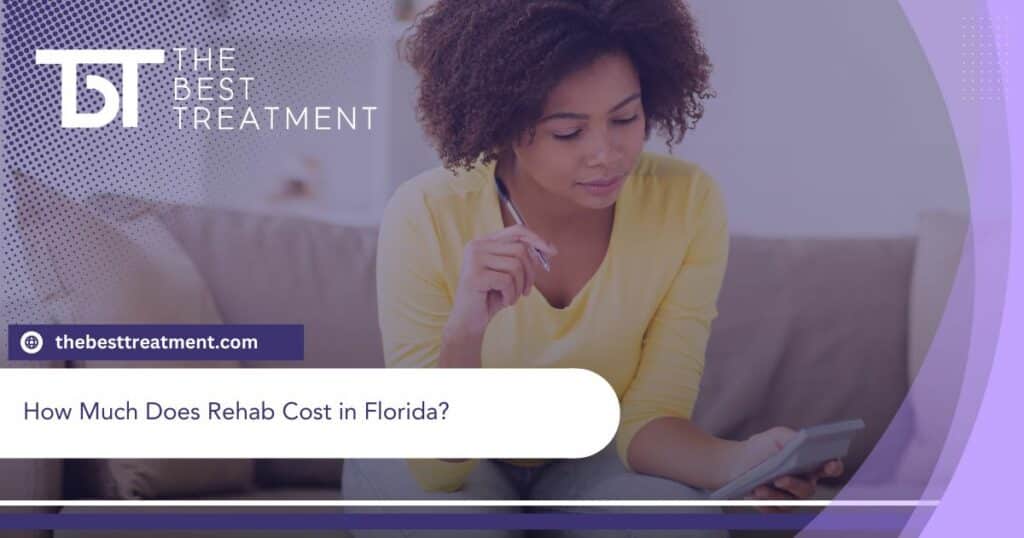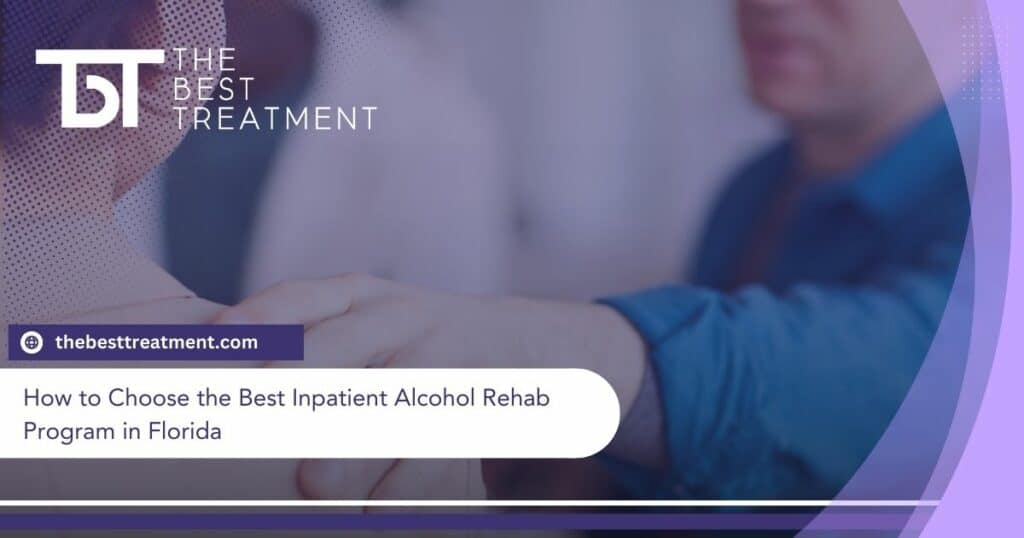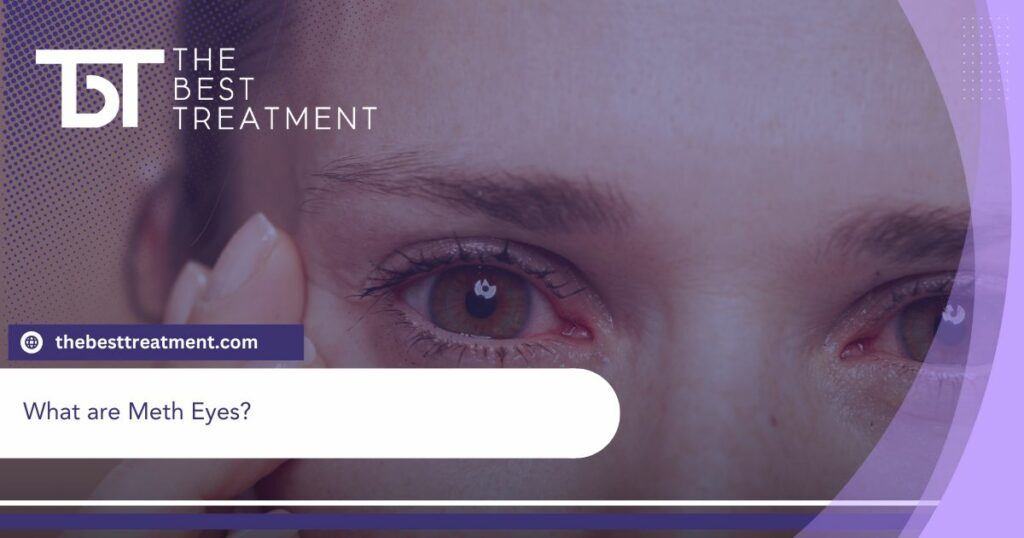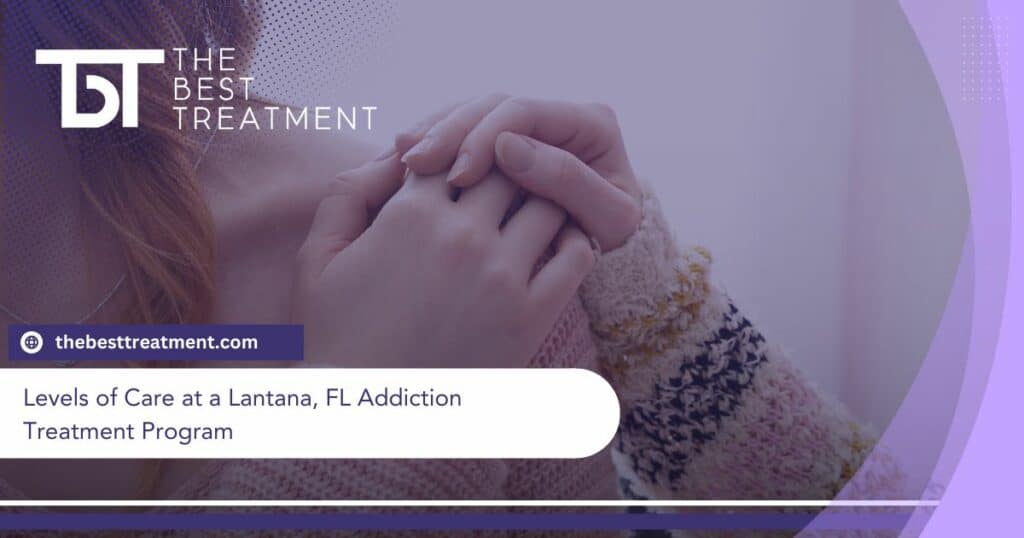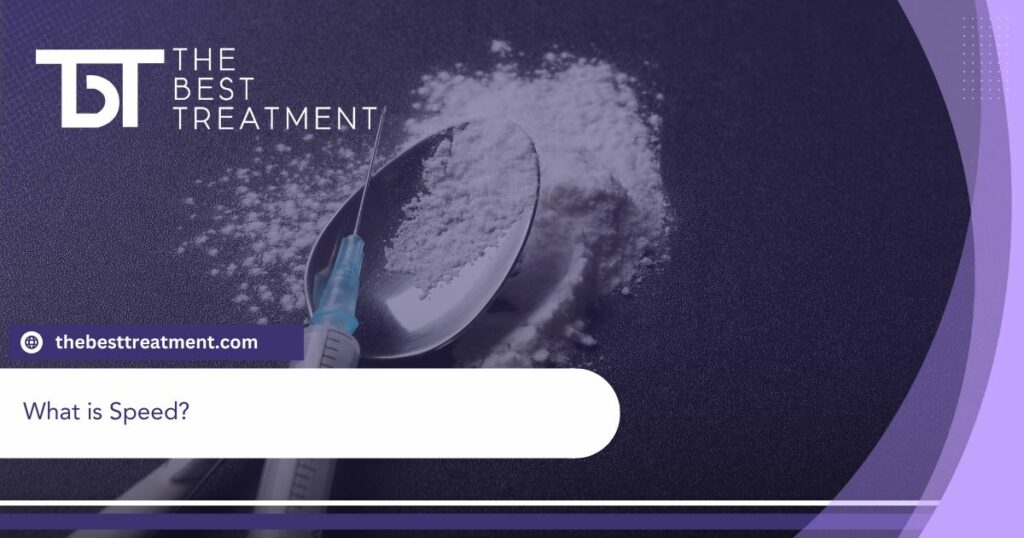Table of Contents
Handling Addiction in the Workplace
If you have seen the news over the past four years, you have probably noticed that the opioid overdose problem is a nationwide emergency and epidemic. It was reported in 2017 that over 72,000 deaths were attributed to drug overdoses. More than any other accidental cause of death, people are overdosing on opioids every 13 minutes. An equally as scary statistic, is 66% of drug addicts are currently employed. You could be working next to someone who is high right now and not even realize it.
Drugs and Alcohol Mess Up the Work Environment
Pretty easy assumption to make right? Between employees absent, “sick”, theft, and loss of productivity there are many other problems with allowing employees to be high on the shift. Most employers have a zero tolerance policy when it comes to drug or alcohol abuse on the job, but is this the best way to handle it?
Last year, the U. S. Surgeon General, Jerome Adams called employers to join the battle against the opioid crisis by spotting the problem and giving their employees solutions. Not only are companies unable to spot someone using opioids but they are having trouble catching people in the act to even address the issue in the first place.
Combating The Problem: Easy or Challenging?
Drug tests should be an easy solution right? Yes and no, most addicts have ways to combat drug tests to where they are passing even if they are actively using drugs. Opioids already have a short life in the system, so on a general urine analysis after 72 hours the opioid can be undetected. There are many ways around scheduled drug tests if the need is great enough, most active addicts need their income for their fix so they will go to great lengths to make sure they can pass.
Many employers may feel guilt when trying to address an addiction issue in the workplace, but employers should keep in mind- the sooner the problem is addressed, the sooner it can be resolved. Addiction is not something that will just go away after time.
Why Do Employees Not Seek Help on their Own?
Guilt, they are ashamed. Embarrassment will hinder them from receiving help. In an average addicts mind, they do not think they are seen as being high. Without confrontation from an employer most of those living in active addiction are not going to seek help before reaching a “rock bottom”.
What Can Employers or Business Owners do to Help the Employees Struggling with Addiction?
Business owners should always strive to create a safe haven when it comes to handling addiction. Education is needed for the entire company on substance abuse, specifically opioid abuse and dependency and this will start a needed conversation. The conversation is required between supervisors and subordinates when it comes to figuring out if there are addiction issues in their workplace. If and when addiction and substance abuse are addressed, the employer must be there with solutions.
Business owners, and those in power positions within the company must show their subordinates that there are options to seek help. Providing answers is the way to guide those into feeling safe about getting help without the repercussion of being fired.
Even if a place of employment does not have benefits for employees, every county’s health department has options for those who do not have insurance or options for state funded facilities. For companies that do offer benefits it is important for business owners to know and explain to employees their options for addiction treatment according to each individual health plan. EAPs (Employee Assistant Programs) are a great tool to use when dealing with addiction in the workplace.
If you or someone you know is struggling with staying sober, especially in a work setting- The Best Treatment Center can help. Call us to learn more:
Call us: 1-888-4TBTNOWMedically Reviewed: September 25, 2019

All of the information on this page has been reviewed and verified by a certified addiction professional.





